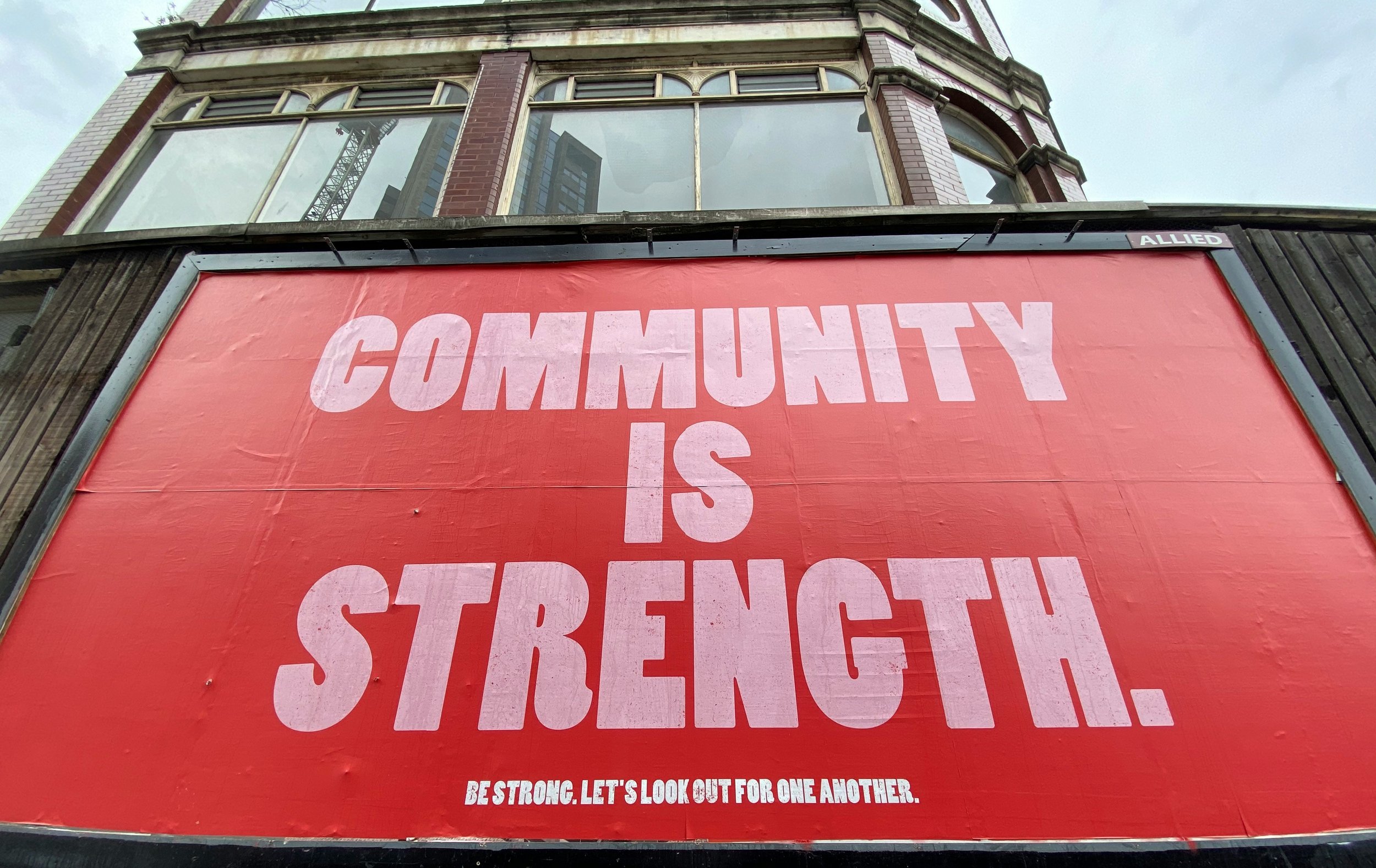Against Optimization?
I get the drive of optimization. The impulse to have all things be excellent completely makes sense. At some point, I’ve tried many of the habits within the culture of optimization. Sometimes they were helpful, but usually the attention to measuring everything was just tiring. It was even fun to experiment with some of the challenges, like cold showers, and to learn more about myself through the process. Yet, optimization feels like a chase toward an ever-changing finish line. There is always a new practice with twelve different metrics that the currently hyped biohacker is doing. I wonder if part of the appeal is the feeling of being ahead of the curve on whatever health/fitness/productivity trend. There’s a status game here that feels a lot like that old one of bragging about how little we’ve slept because we’re such hard workers, but now it’s about how much wellness we do. It’s a tangling together of (supposed) moral status, perfectionism, purity, access, and wealth.
This is not to dump on people engaged in these practices but rather the culture that pushes us toward this. With frustrations regarding healthcare access, insurance, and medicine costs, it makes sense that people want to find other ways to feel healthy and empowered. Optimization culture also emerges as the embodiment of neoliberal policies. If our economics and politics overly emphasize free-market principles with no social safety net, optimization could feel like a way to protect the most foundational asset we have: our body/life. It becomes a way to feel a bit of control and push back against all the dread. Yet, as Leo Babauta writes, “Optimizing is a good way to get things to break.” If things need to be perfect, or even highly controlled for us to feel good, then they become quite fragile and the wildness of life becomes even more unnerving, which could further a doubling down on control.
Perhaps it's the scale of optimization that needs to change. Let's bring that commitment for achieving the best possible outcomes for the whole community. Of course, at least within my US context, we don't know how to live well at this level. Yet, health seems like a place we could and should learn to start with such practices. The wellness of my body can’t be separated from my neighbor, especially my unhoused and vulnerable neighbors. On a global scale, with looming local impacts, all our health and wellness practices are eclipsed by climate collapse. Extreme weather and resulting damage to housing, food systems, and infrastructure will devastate our health regardless of our personal practices. It's our commitments to each other and care for all our watersheds that will profoundly optimize our lives. My best life needs the best life of my entire community.
What if personal optimization practices become a hobby? Like stamp collecting for this era? They would be held with a different energy. Instead of perfection, they could become a site of experimentation and exploration. New habits, ideas, (bio) technologies, etc. adopted for the enjoyment of the journey, to see where it all leads and what can be learned from it. And this can all be done while recognizing the limits of the journey as well. To be healthy and in the fullness of our humanity, we need practices, services, and systems that are accessible and fair to all and understand that health is truly experienced on the communal level.
Photo by John Cameron

